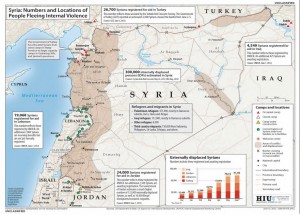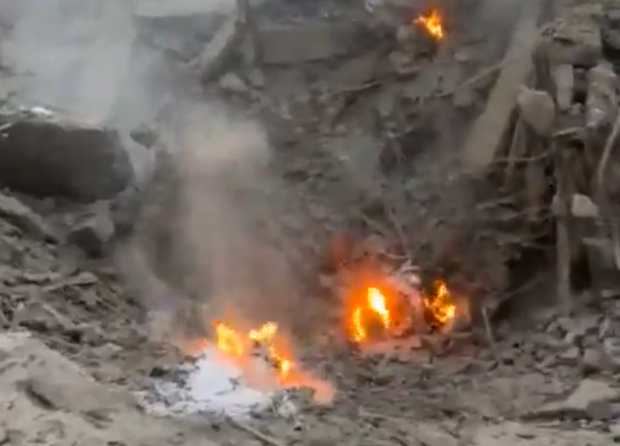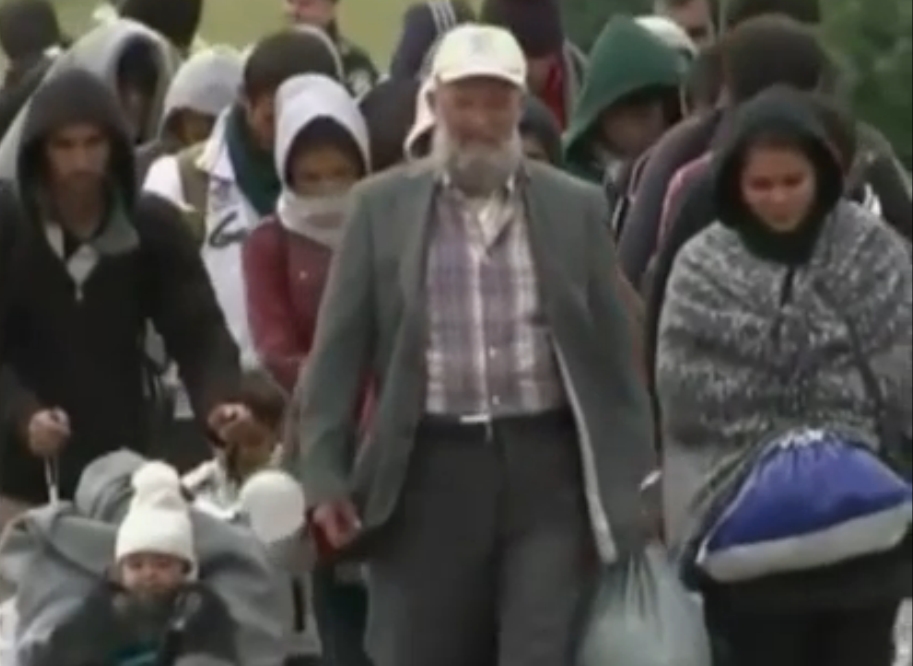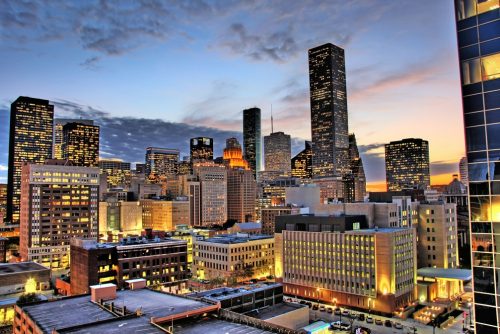
BEIRUT—Visa restrictions have been imposed on Syrians entering Lebanon, as further efforts are made to limit the flow of refugees into the country. The new measures mean Syrians now have to obtain a visa before crossing into Lebanon, which is already struggling to cope with more than a million refugees.
The move was announced by the Lebanese government this weekend, along with reassurances that borders between the two countries would not be closed.
In a statement to local media, social affairs minister Rashid Derbas claimed the new visa requirement would not lead to the deportation of refugees; the Syrian government responded positively, emphasizing the need for cooperation between the two countries.
But the measures have prompted concerns for those continuing to seek safety from the war in Syria, which has displaced more than seven million people and continues unabated.
UNHCR concerned
Ron Redmond, spokesman for the United Nations refugee agency UNHCR recognized the burden refugees are currently placing upon Lebanon, which has a population of more than five million, and acknowledged “all countries have the right and responsibility to control their borders.”
He expressed concern at an apparent lack of explicit provision for vulnerable refugees, which he said had been included in other recent measures introduced to stem the cross-border flow since the summer.
“We’ve seen a range of measures introduced over the last six months implemented, not just in Lebanon but Jordan and elsewhere,” said Redmond, who added that the previous measures had helped lower the number of refugees crossing the border.
“However, we are concerned that, despite previous border controls being introduced, there previously have been arrangements for highly vulnerable refugees to enter Lebanon. We’ve seen no specific mention of this [in the latest measures], so we just want to ensure that this will continue.” Redmond said, “We want to see something official on this and get clarification on it.”
Alluding to recent, well-publicized cases in which refugees have risked their lives to be trafficked into Europe, he said, “From previous experience, when governments close borders or tightly restrict access, there are people who are desperate and will find other ways of getting help.”
Huge strain
Since the start of war in March of 2011, the rising number of refugees into Lebanon – estimated to be around 1.6 million – has placed a huge strain on the country’s infrastructure. The Lebanese government has previously cited concerns that creating officially-sanctioned camps for Syrians, who previously did not need a visa to enter the country, would lead to permanent refugee settlements within the country. It has also faced a growing spillover of violence from the war, with 25 members of the Lebanese army being held hostage by the Islamic State and al-Qaida-affiliated Nusra Front after being captured near the Syrian border.
In October, the government announced refugees would not be accepted except in emergency cases, though those who arrived from Syria for work and tourism would still be allowed entry. After Monday’s announcement, Syrians who had previously been allowed to stay in Lebanon for up to half a year automatically will have to state a clear purpose for their visit and apply for one of six types of entry visas, including tourist, business, student, transit, short stay and medical.
Carnegie Middle East Center research analyst Mario Abou Zeid said the new visa requirements are likely to be met with enthusiasm by many Lebanese and may help curb militant activity in the country.
“The general public has been waiting for a decision like this for more than two years because of the huge pressure that has been placed upon the country’s infrastructure and economy,” he said. “It is likely to limit the capability of any militants using the cover of being a refugee… and build on efforts [by the Lebanese government] to map and identify those refugees who were formerly part of the Syrian army or rebel groups.”
The international community’s response to Lebanon’s calls for help in coping with the refugee crisis has been limited. Last month, the United Nations was nearly forced to close down its food assistance program for an estimated 1.7 million Syrian refugees across the region before a last-minute $80 million funding boost from donors.
“There has been hesitance in the international community to provide the necessary funds. Hopefully this will be perceived as an alarm bell being rung by the Lebanese government.” Abou Zeid added.






